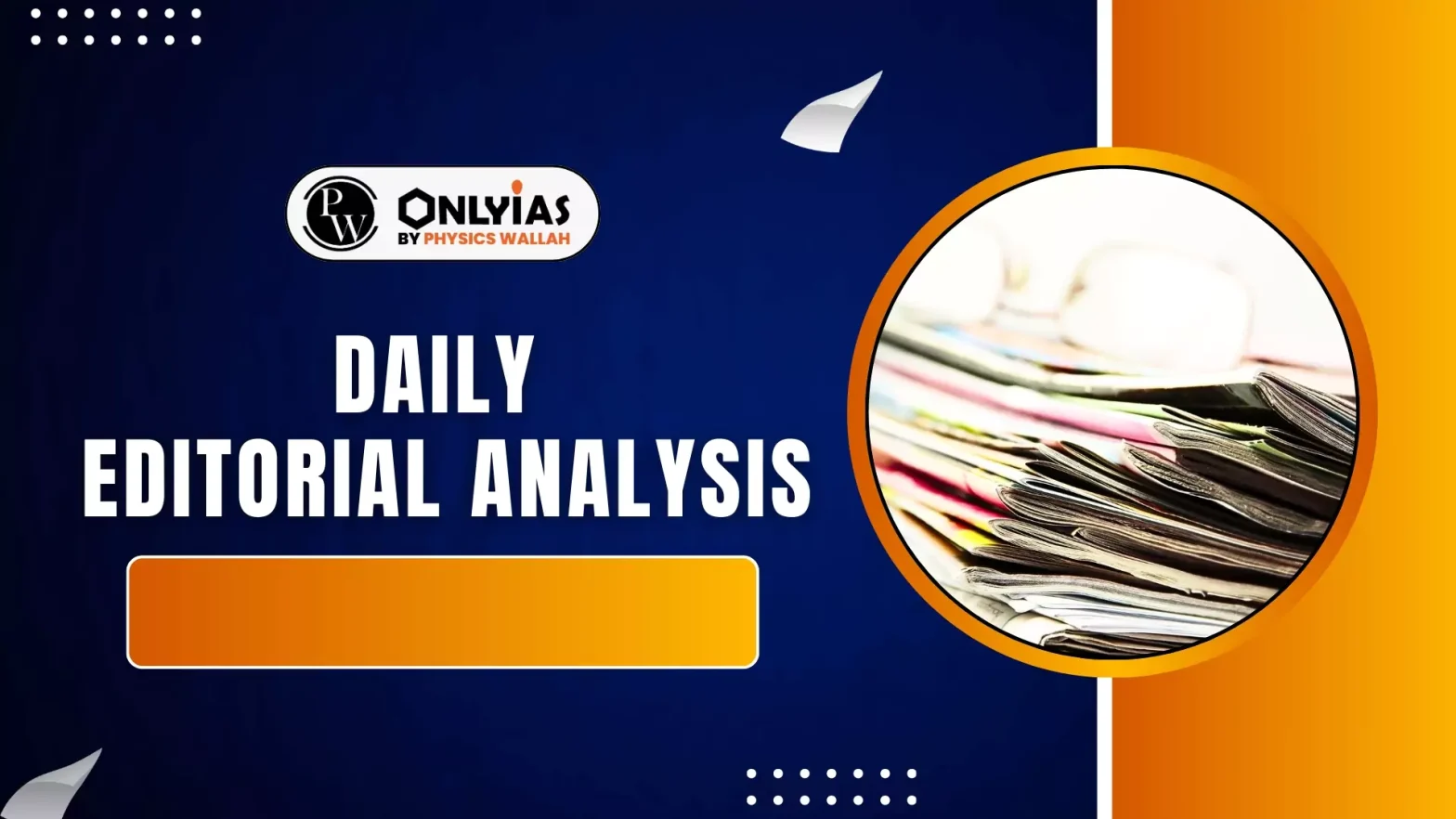India’s marine fisheries sector is nearing its maximum capture yield, yet small-scale fishers face deep inequities. With biodiversity loss, juvenile fishing, and bycatch issues mounting, sustainable and equitable management is the urgent need of the hour.
Current Scenario: Growth Without Equity
- Annual Marine Catch: India harvests 3–4 million tonnes of marine catch annually.
- Skewed Workforce Share: Small-scale fishers (90% of the workforce) capture only 10% of the total catch.
- Widespread Poverty: Three-quarters of fisher families live below the poverty line.
- Tech Inefficiency: Technological upgrades increase costs without improving catch significantly.
Ecological Damage Through Bycatch and Trawling
- Trawling Bycatch Crisis: In trawling, for every 1 kg of shrimp, over 10 kg of bycatch is discarded.
- Biodiversity Loss: Bycatch includes juveniles and non-target species, often dead or dying.
- Habitat Destruction: Shrimp trawling damages marine biodiversity, reefs, and food webs.
Juvenile Fishing and Mesh Size Issues
- Sub-legal Mesh Sizes: Mesh sizes <25 mm allow sub-legal fish into nets, reducing spawning stock biomass.
- Species at Risk: Species like sardine and mackerel face long-term or irreversible declines.
- Global Collapse Lessons: Global precedents (e.g., Canada’s cod crash, California sardines) show the risk of collapse.
Regulatory Fragmentation and Loopholes
- Disjointed Laws: Each coastal State/UT has its own Marine Fisheries Regulation Act (MFRA).
- Loophole Exploitation: Disparate rules enable fishers to land juveniles across state lines.
- Weak Enforcement: Conservation efforts are undermined by inconsistent enforcement.
Need for National Standardisation
- India should pursue:
- Harmonised catch limits and minimum legal sizes (MLS)
- Uniform gear restrictions and closed seasons
- A unified national framework integrating science-based management
Global Models: Lessons from New Zealand
- Science-Based Models: New Zealand’s Quota Management System (QMS) uses science-based total allowable catches.
- Balanced Stakeholder Rights: QMS balances commercial, recreational, and customary rights with stock health.
- Pilot Scope in India: A similar pilot system in India could benefit mechanised fleets.
Domestic Success Stories and FMFO Challenge
- MLS Success Story: Kerala’s minimum legal size (MLS) for threadfin bream raised catches by 41% in one season.
- FMFO Industry Incentives: The fish-meal and fish-oil (FMFO) industry incentivises bycatch collection.
- Reform Recommendations:
- Cap FMFO quotas
- Mandate onboard release of juveniles
- Redirect bycatch for local aquaculture
Multi-Level Action Needed
- Centre’s Role: The Central government must shift to ecosystem-based regulation, optimise licensing and subsidies.
- State Role: States should improve enforcement with patrols and tech-based reporting.
- Community Participation: Empower cooperatives as co-managers of marine sanctuaries.
- Consumer Action: Consumers should support sustainably sourced, legally sized seafood only.
Conclusion
India’s fisheries are at a turning point. With the right mix of science, policy, and community action, we can secure both marine biodiversity and livelihoods, ensuring equitable prosperity and food security for future generations.
![]() 22 May 2025
22 May 2025
